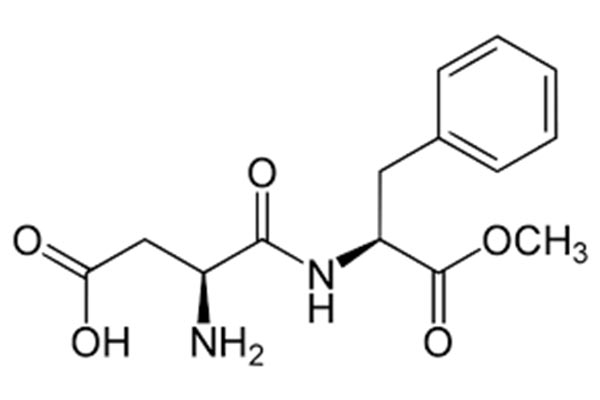Recently, the artificial sweetener aspartame has sparked widespread concern due to its potential carcinogenicity. The World Health Organization (WHO) and the International Agency for Research on Cancer (IARC) have classified it as "possibly carcinogenic to humans" (IARC Group 2B) based on "limited evidence." However, the Joint FAO/WHO Expert Committee on Food Additives (JECFA) has reaffirmed the acceptable daily intake of aspartame at 40 mg per kilogram of body weight.
Aspartame has been widely used in a variety of food and beverage products since the 1980s, including sugar-free beverages, gum, ice cream, yogurt and other dairy products, breakfast wheat, toothpaste and vitamin chewing tablets, etc. While more scientific research is needed to confirm the potential carcinogenicity of aspartame, some companies have already begun to look for alternatives. For example, Yellow Forest and Nash Tea have announced that their products do not contain aspartame, but are switched to using natural sweeteners such as Rohan sugar.
Although aspartame sales worldwide are huge, its potential carcinogenicity and consumer demand for safer and more natural food additives could change this pattern.According to data from consulting firm Hangzhou Bochi, China is the largest exporter of aspartame, with global aspartame output expected to exceed $4.15 billion in 2026, with a combined annual growth rate of 2.1%.
However, new generations of sweeteners, such as enzyme and trichloride, are gradually replacing aspartame. At the same time, the market share of natural sweeteners is also continuing to increase. For example, between 2010 and 2020, the share of natural sweeteners added increased from 8.16% to 29.41%. Among them, chloride, rohanol, chloride, etc. are considered more “green and natural”. Between 2016 and 2020, the number of products worldwide that contain chloride has grown by more than 16% annually.
The analysis of Eastern Securities pointed out that while the potential carcinogenicity of aspartame has attracted public attention, consumer demands for low calories and good tastes have not changed.Therefore, food beverage and consumers may be further concerned about natural sweeteners, and the application of natural sweeteners is expected to accelerate.



 Follow the customer service WeChat account.
Follow the customer service WeChat account.